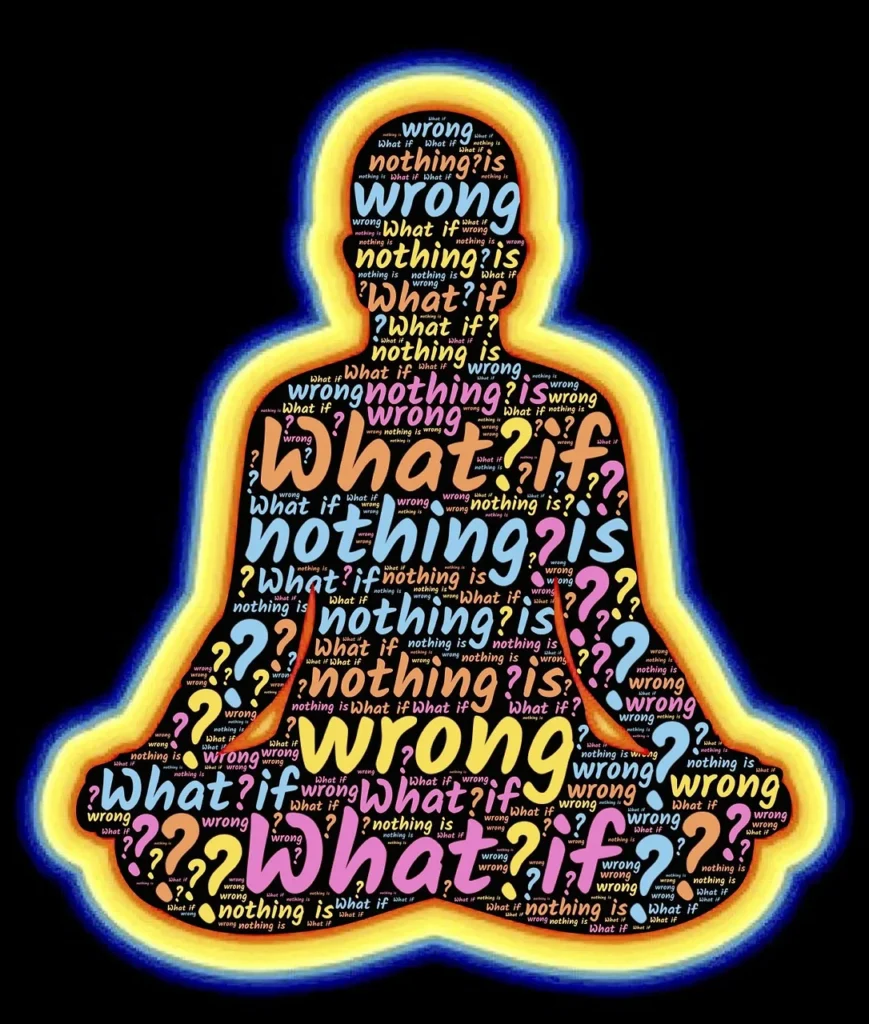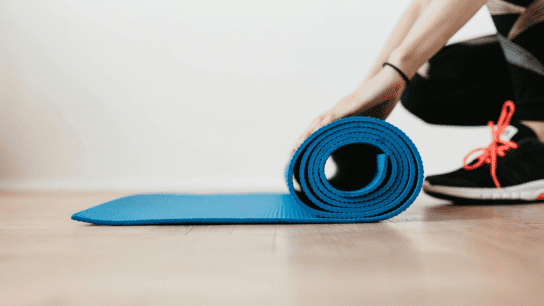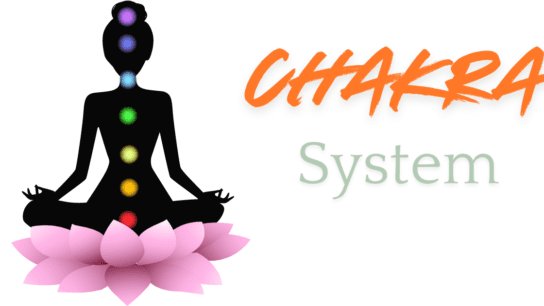In our fast-paced world, anxiety can often feel overwhelming, leaving us searching for ways to find calm amidst the chaos. Meditation offers a gentle, yet powerful approach to managing these feelings. This meditation script for anxiety is designed to guide you toward a state of relaxation, helping you to release tension and embrace a sense of peace.

Meditation Script for Anxiety: A Calming Guide
Why Meditation Helps with Anxiety
Anxiety can make your thoughts race and your heart pound, creating a cycle of stress that feels impossible to break. Meditation provides a break from this cycle, offering a moment to pause, breathe, and reset. By focusing your mind and calming your breath, meditation helps you to let go of anxious thoughts and reconnect with the present moment.
A Gentle Meditation Script for Anxiety Relief

This script is designed to be easy to follow, even if you’re new to meditation. Find a quiet spot where you feel comfortable, and take a few moments to settle in.
- Start with Gentle Breathing:
Close your eyes softly and begin by taking a slow, deep breath in through your nose. Hold it gently for a moment, and then exhale slowly through your mouth. Allow your breath to find a natural, easy rhythm. With each breath, imagine that you are inhaling calm and exhaling tension. - Ground Yourself in the Present:
As you continue to breathe, bring your awareness to your body. Feel the sensation of your feet touching the ground, the support of the chair beneath you, or the mat you’re sitting on. Notice how your body feels right now—without judgment, simply observe. - Release Physical Tension:
With each exhale, imagine any tension in your body slowly melting away. Start with your toes, then move to your legs, hips, abdomen, chest, shoulders, and finally your neck and head. As you relax each area, feel the weight of your body becoming lighter. - Visualize a Peaceful Place:
Picture a place where you feel completely at ease. It could be a beach with soft waves lapping at the shore, a forest with tall, whispering trees, or even a cozy room filled with warm light. Take a moment to immerse yourself in this peaceful place, noticing the details that make it special to you. - Affirm Positive Thoughts:
As you continue to breathe deeply, gently introduce these affirmations: “I am safe. I am calm. I am at peace.” Repeat these words to yourself, allowing their meaning to sink in. If your mind starts to wander, simply bring it back to these affirmations. - Return Slowly to the Present:
When you feel ready, begin to bring your awareness back to the present moment. Notice the rhythm of your breath and how your body feels. Slowly open your eyes, taking a moment to notice how you feel now compared to when you started.
Tips for Making the Most of Your Meditation

- Consistency is Key: Try to make meditation a regular part of your routine, even if it’s just for a few minutes each day. The more you practice, the easier it will become.
- Create a Tranquil Space: Choose a quiet, comfortable spot where you can meditate without distractions. This could be a corner of your home, a park, or even a quiet room at work.
- Be Patient with Yourself: It’s normal for your mind to wander during meditation. When it does, gently guide your focus back to your breath or the script.
FAQs about Meditation for Anxiety
Q: How often should I use a meditation script for anxiety?
A: It’s beneficial to use a meditation script daily or whenever you feel anxious. Regular practice can help prevent anxiety from building up and provide tools to manage it when it arises.
Q: What if I have trouble focusing during meditation?
A: It’s completely normal to find it challenging to focus, especially when starting out. When your mind wanders, don’t worry—simply acknowledge the thought and gently bring your attention back to your breath or the script.
Q: Can meditation alone help manage my anxiety?
A: While meditation is a powerful tool for managing anxiety, it’s often most effective when combined with other practices like exercise, a healthy diet, and professional support if needed.
Q: Do I need to sit in a specific position to meditate?
A: Not at all. The key is to find a position that is comfortable for you. You can sit in a chair, on the floor, or even lie down—whatever allows you to relax and focus.
Q: How long should my meditation sessions be?
A: Start with just 5-10 minutes a day and gradually increase the time as you become more comfortable. Even short sessions can make a significant difference in how you feel.
Conclusion
Using a meditation script for anxiety can be a gentle and effective way to manage stress and find peace within yourself. Whether you’re new to meditation or have practiced for years, this script can help you connect with a calm and centered state of mind.
For more resources on managing anxiety and enhancing your well-being, you might find helpful information on websites like Virginia.edu, GoodRx.com, and ACEMLNB.com. Remember, you’re not alone on this journey, and with practice, peace is within reach.




